REMOVAL OF OBSOLETE PESTICIDES IN THE NOVOGRUDOK DISTRICT
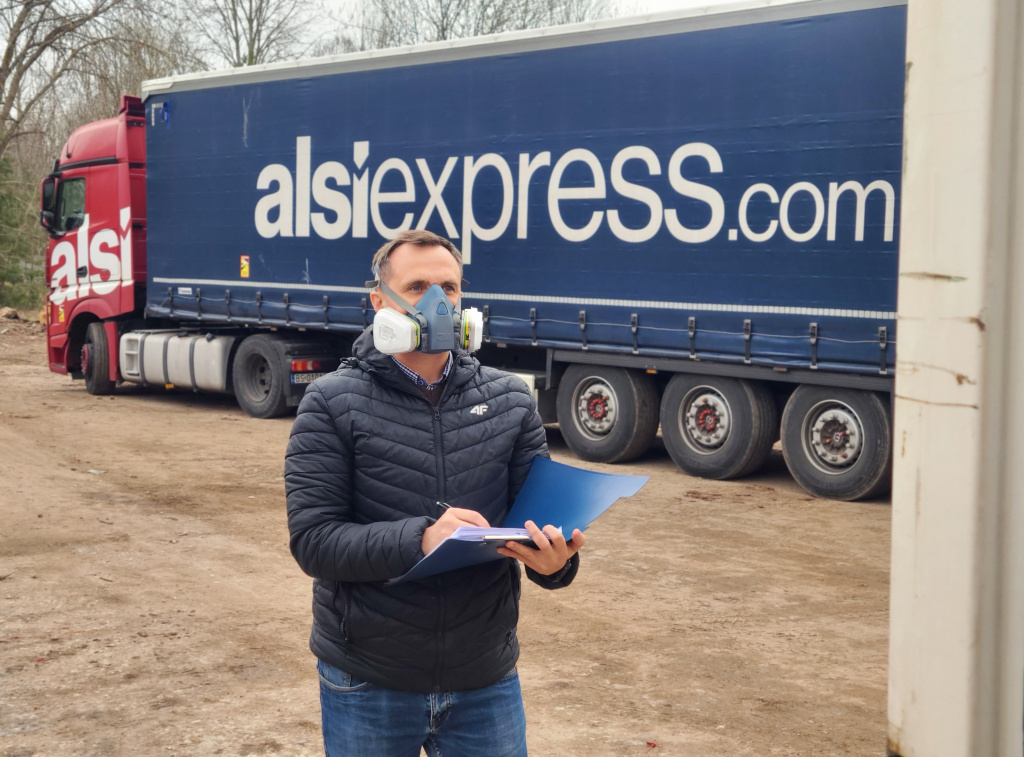
In April 2022, the International Technical Assistance Project "GEF-6 Belarus POPs Legacy and Sustainable Chemicals Management" continued the work on the removal of obsolete pesticides from the warehouses of agricultural enterprises of the Republic of Belarus.
More than 40 tonnes of liquid and loose waste containing persistent organic pollutants (hereinafter – POPs) were removed from the warehouse located in the Novogrudok district of the Grodno region. About 80 tonnes of obsolete pesticides are still stored in the warehouse and will also be removed for environmentally sound disposal in the near future. Due to the Project, once the warehouse near Novogrudok is cleaned up, the Grodno region will be completely free of the hazardous wastes.
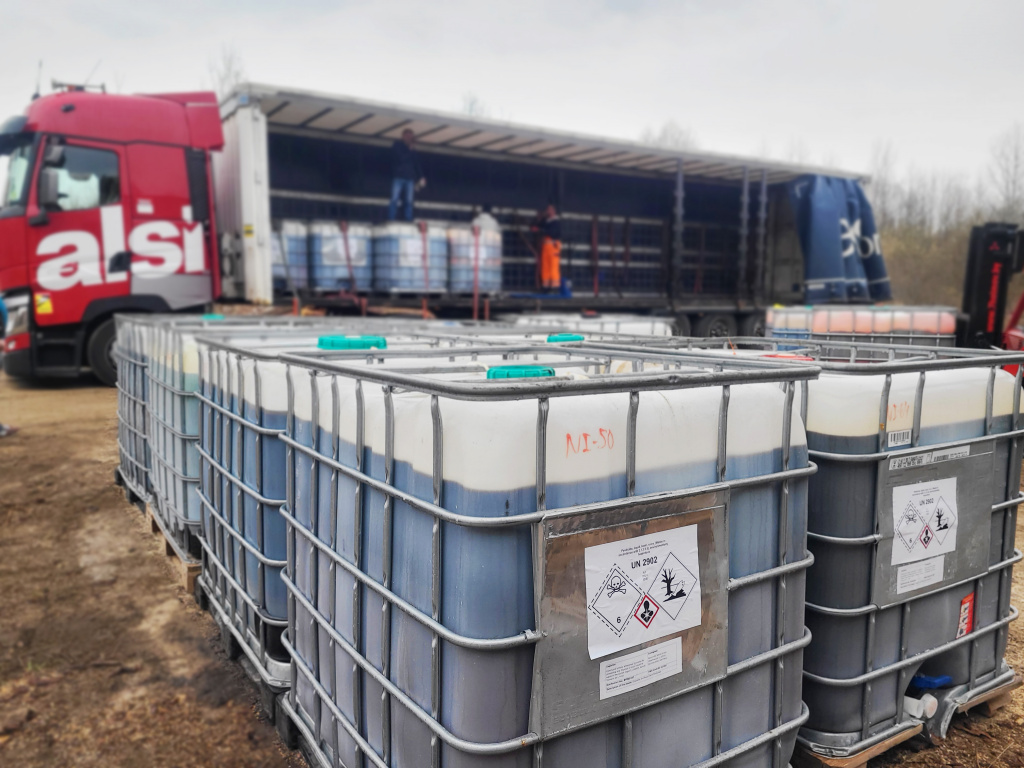
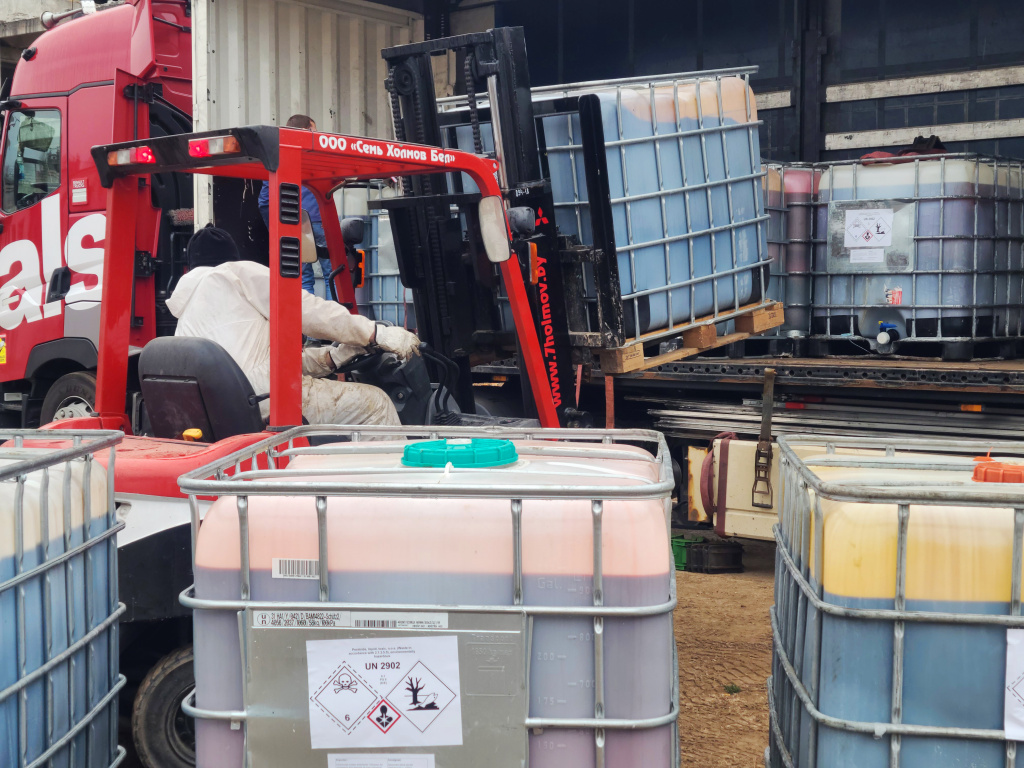
All Project activities are carried out in strict compliance with national and international requirements.
Thus, the Polish company Geocoma, which has already repacked all obsolete pesticides in the warehouses of the Grodno and Vitebsk regions – no less than 920 tonnes, was attracted for the disposal of hazardous waste. The company currently transports waste in accordance with the Basel Convention on the Control of Transboundary Movements of Hazardous Wastes and their Disposal and the European Agreement concerning the International Carriage of Dangerous Goods by Road. Obsolete pesticides are transported to specialised disposal facilities in Germany and will be eliminated in an environmentally sound manner.
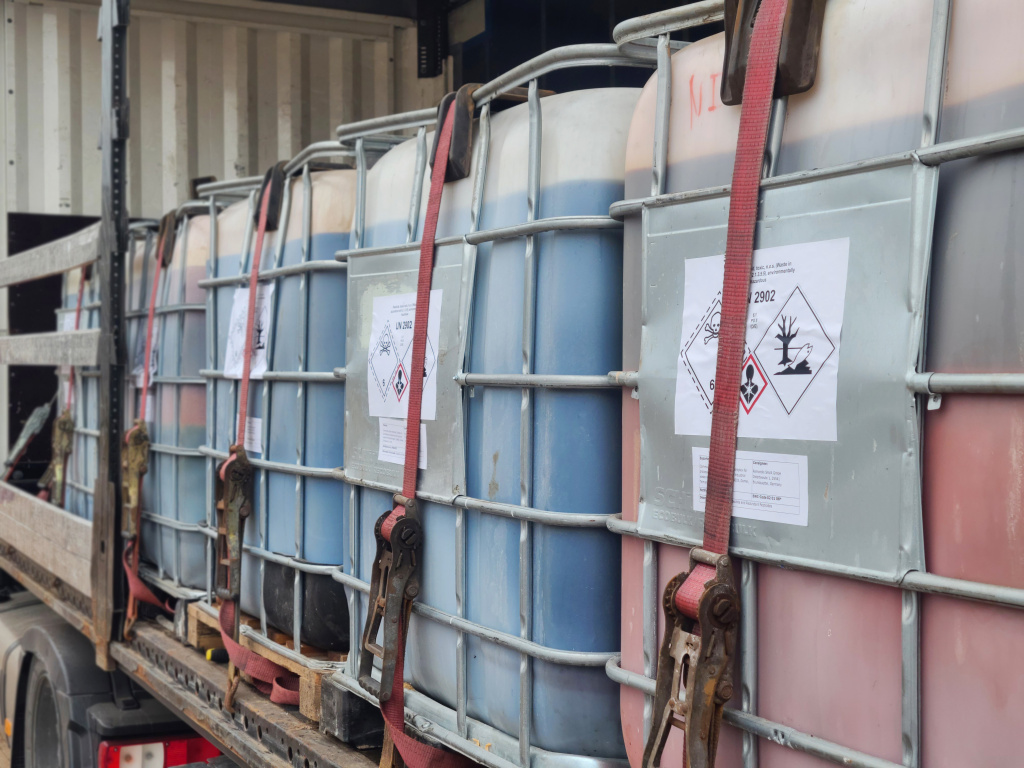

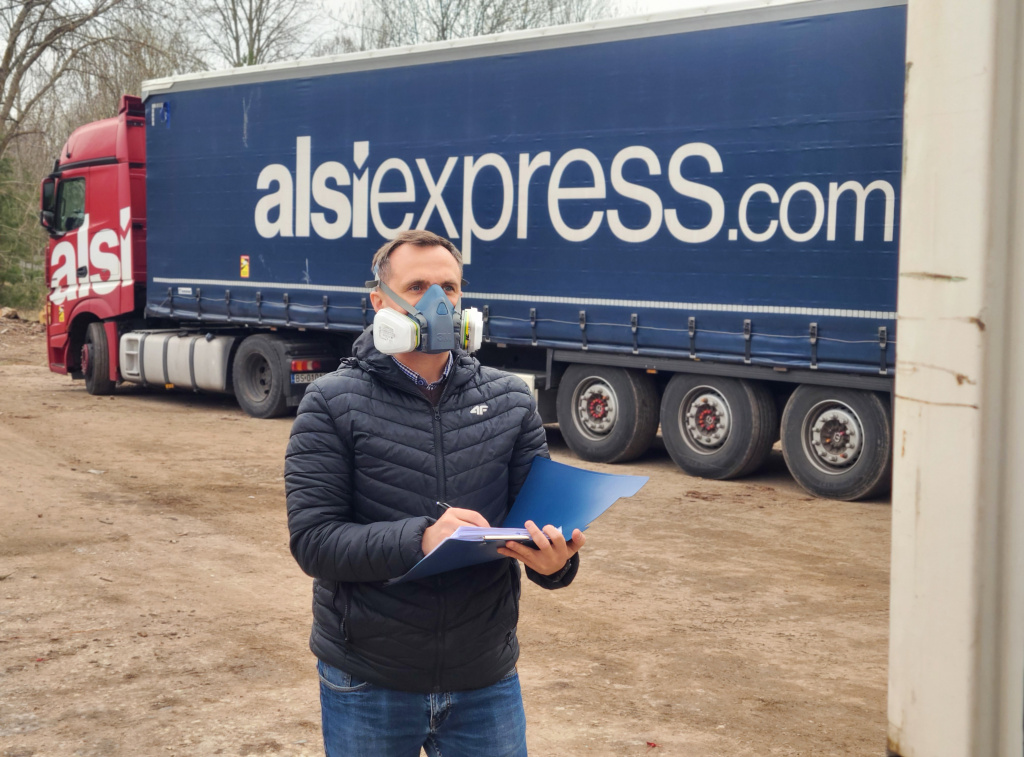
The International Technical Assistance Project "GEF-6 Belarus POPs Legacy and Sustainable Chemicals Management" is being implemented by the Ministry of Natural Resources and Environmental Protection of the Republic of Belarus and the United Nations Development Programme in the Republic of Belarus and funded by the Global Environment Facility.
The objective of the Project is to ensure the protection of public health and the environment through elimination of retained POPs legacies and the development of sustainable POPs management capacities within the framework of the sound chemicals management in the Republic of Belarus.
The results of the Project will contribute to the implementation of the obligations under the Stockholm Convention on Persistent Organic Pollutants, to which the Republic of Belarus has been a party since 2004.






